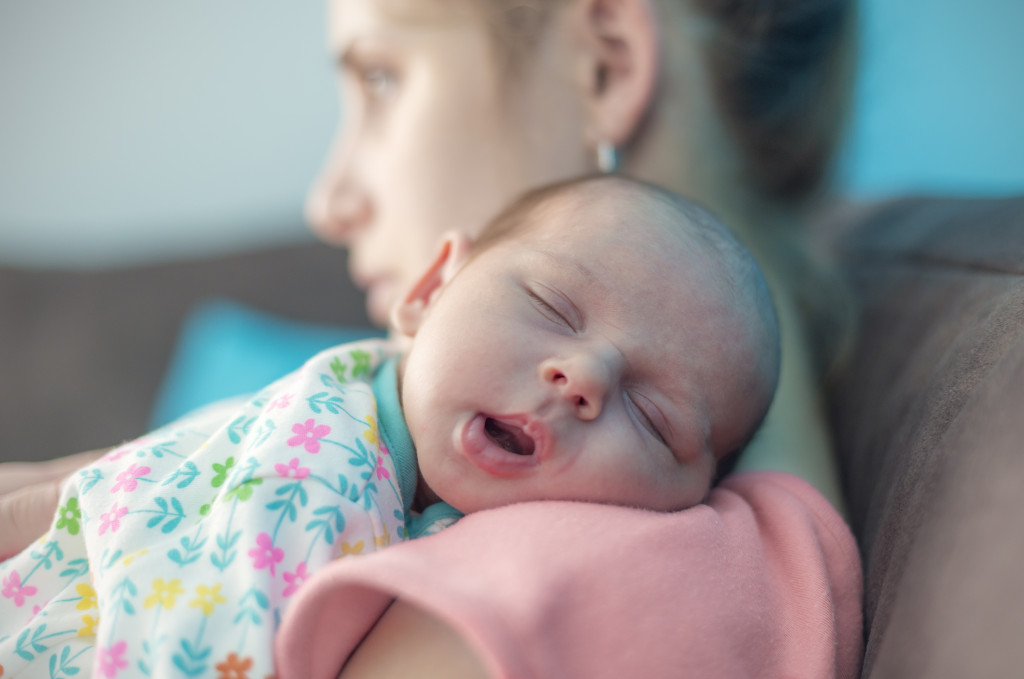Your child’s health is of utmost importance, and it’s crucial to ensure they’re getting the necessary checkups at the appropriate times. Here’s a checklist of the health checkups your child needs from birth through age 18, so you can keep track.
Dental Checkups
Dental checkups are necessary even for infants. These provide the foundation of your child’s dental health for life. The American Academy of Pediatric Dentistry (AAPD) advises that you take your child to a dentist when the first tooth appears and no later than their first birthday.
After that, dental checkups should be scheduled every six months. These checkups are essential for catching problems early, preventing cavities, and maintaining good oral health.
During dental checkups, the dentist will:
- Examine your child’s teeth and gums
- Check for any signs of tooth decay
- Remove plaque and tartar buildup
- Provide a fluoride treatment to help prevent cavities
X-ray your child’s teeth (usually starting around age three) if they’re at high risk for tooth decay
It’s advisable to have a family dental clinic that provides care for infants and adults depending on the ages of your children and if you’re planning to have more.
Vision Checkups
Good vision is essential for your child’s development and learning. Regular vision checkups are essential, even if your child seems to see well.
According to the American Academy of Ophthalmology (AAO), all children should have their first vision screening at birth, between six to 12 months, between one to three years old, and between three to five years old. If they don’t pass, more frequent screenings may be necessary.
During a vision screening, a trained professional will:
- Check each eye separately to see how well your child can focus, track objects, and see detail
- Test for nearsightedness, farsightedness, and astigmatism
- Look for any signs of amblyopia (“lazy eye”), which can lead to permanent vision loss if not treated
Suppose your child wears glasses or contact lenses. In that case, they’ll need follow-up appointments with an eye doctor (ophthalmologist) every one to two years.
Hearing Checkups
It’s crucial to ensure that your child can hear properly to develop speech and language skills and do well in school. The law in 45 states requires hearing screenings on newborns.
The Centers for Disease Control and Prevention (CDC) states that a hearing screening should be scheduled before one month and a comprehensive hearing evaluation test before three months. There should be early intervention before six months if hearing loss is found.
After that, hearing checkups should be scheduled at least once between ages four and five and again at 11 or 12. Suppose your child has any risk factors for hearing loss, such as being born prematurely or having a family history of deafness. In that case, they may need more frequent hearing checkups.
During a hearing screening, a trained professional will:
- Check each ear separately for any problems with sound transmission
- Test your child’s ability to hear high- and low-pitched tones
- Look for any signs of fluid in the middle ear
Suppose your child is found to have hearing loss. In that case, they’ll need to see an otolaryngologist (ear, nose, and throat doctor) for further testing and possible treatment.

Developmental Checkups
It’s essential to monitor your child’s development to identify and address any delays early. Developmental checkups are usually done at the same time as well-child visits.
During these checkups, the doctor will:
Ask about your child’s eating, sleeping, and bathroom habits
- Check your child’s height and weight
- Measure their head circumference
- Assess their motor skills, such as sitting up, crawling, and walking
- Evaluate their speech and language development
- Observe their social and emotional behavior
The frequency of developmental checkups depends on your child’s age and development. In general, infants and toddlers should have checkups every few months, while older children can have them annually.
As your child grows, they’ll need fewer checkups. By age 18, most healthy children only need to see a doctor once every two to three years unless they have a chronic health condition.
Pediatric Vaccinations and Checkups
Vaccinations are an essential part of preventative healthcare for children. They help protect your child from severe and life-threatening diseases, such as measles, mumps, rubella, polio, and chickenpox.
The American Academy of Pediatrics (AAP) recommends that all children be vaccinated according to the following schedule:
- two months: DTaP, Hib, HepB, PCV13, RV
- four months: DTaP, Hib, HepB, PCV13, RV
- six months: DTaP, Hib, HepB, influenza (flu), PCV13, RV
- 12 months: Hib, HepA, influenza, PSV23
- 15 months: DTaP, HepA, influenza
- 18 months: HepA
- 24 months: influenza
- four to six years: DTaP, flu, polio
- 11-12 years: Tdap , MCV4, HPV
Your child will also need booster shots of some vaccines as they get older. For example, they’ll need a booster dose of the MMR vaccine at four to six years old and another dose at 11-12 years old.
In addition to vaccinations, well-child visits also allow the doctor to screen your child for any potential health problems.
Keep Your Child’s Checkups on Schedule
Your child’s healthcare needs will change as they grow older. It’s essential to be aware of the different types of checkups and screenings recommended at each stage to ensure your child stays healthy and catches any problems early.




